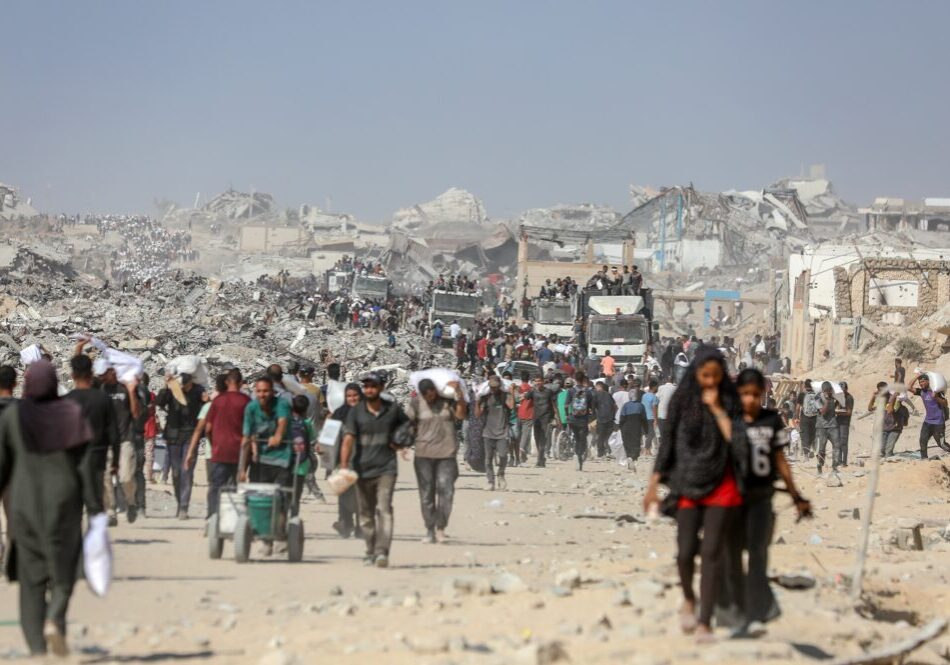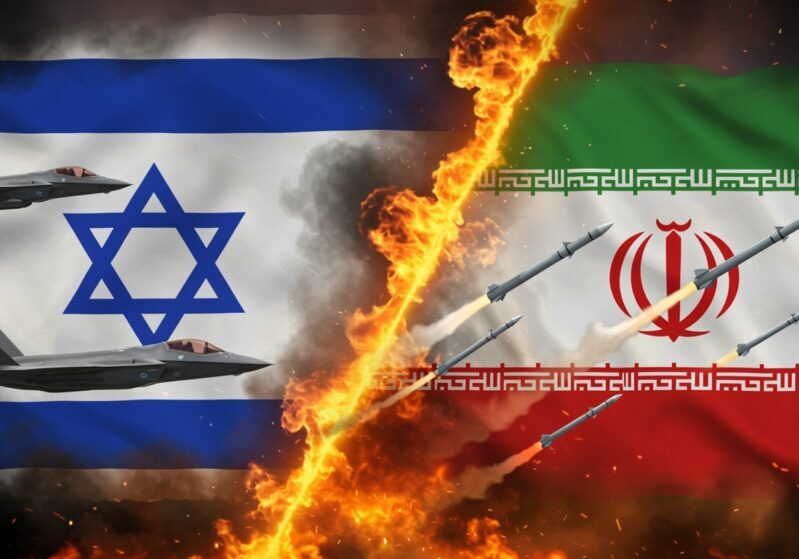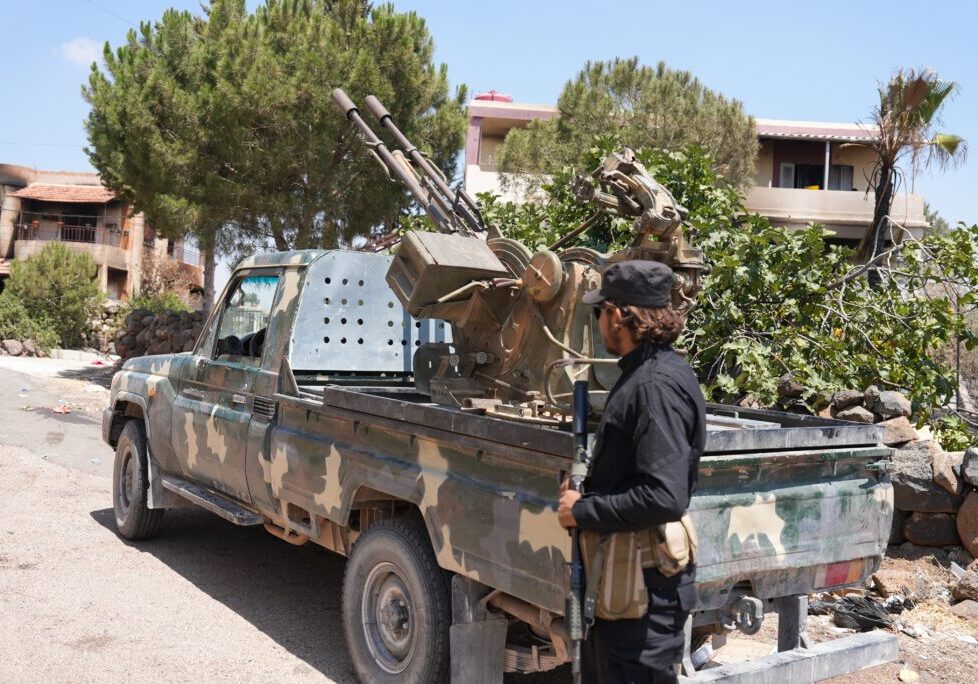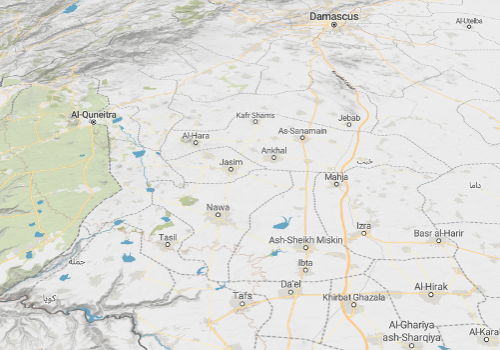Australia/Israel Review
Assad under Fire
Mar 29, 2011 | Roee Nahmias
By Roee Nahmias
First, a word of caution: All reports about the protests in Syria must be met with reservations and caution because of the media blackout that characterises Syria regularly. Moreover, we must keep in mind that one of the main channels providing information on Syria is opposition groups, which are interested in playing up the protests to the point of making them seem larger than they are. Nonetheless, we’ve seen a little history made in Syria recently.
The images that illustrated this most of all were revealed when, for the first time in many years, the Syrian regime dispatched gunships to meet protests by unarmed civilians. The choppers were documented in the southern city of Dara’a, where several demonstrators were killed.
Yet this wasn’t the only history that was made. Small rallies were indeed held in Syria in recent weeks, but as opposed to the relatively limited, modest protests we’ve seen previously, a larger mass of demonstrators came out in Dara’a. On Saturday, March 19 thousands gathered at funerals in the city, chanting “We shall liberate you with spirit and blood, martyr.”
According to testimonials and videos, thousands hit the streets after Friday prayers and during Saturday’s funerals. These rallies prompted major intervention by Syrian security forces, live fire and the utilisation of helicopters, leading to five fatalities according to a few sources (and a much higher toll according to Syrian opposition websites).
However, the number of participants in protests across Syria is not the only criterion. The boldness displayed by demonstrators and speakers over the weekend warrants special attention.
Kurdish uprising possible?
And so, for example, Dara’a’s local preacher Ahmad al-Siasna told the masses on March 19 that the obligation to come out and protest is a Muslim duty that applies to every individual. “Every Syrian capable of doing it must do so. Inaction would be considered as betraying the blood of the martyrs,” he said. Meanwhile, opposition websites reported that security forces beat al-Siasna up and humiliated him after he refused to urge the protestors to calm down.
Elsewhere, it was reported that tribal leaders in the Dara’a region issued a message threatening that should the Syrian army not withdraw its troops from the area, they will set police stations and intelligence branches on fire. “The regime must withdraw from the city, pull back the tanks and put an end to aerial incursions. We also demand the release of all detainees,” an announcement also published in Facebook read.
Syrian opposition elements issued announcements on various websites and social networks, urging the masses to continue the protests in several Syrian towns. “We ask you to take part in the protests in all districts, in order to mark a day of uprising in most Syrian cities,” the statement read.
Syria’s security apparatus is especially fearful of the Kurdish minority, which officials estimate may rise up. Meanwhile, human rights groups reported a major wave of arrests in several Syrian cities following the protests. All the testimonies show that the protests in Syria were the most serious and significant ones to be faced by the regime in many years. It is possible that even opposition elements were surprised by the resonance, given earlier uncertainty.
Nonetheless, the question in Syria now is whether the genie of losing one’s fear of the regime is indeed out of the bottle. For the time being, there is no unequivocal answer. Should we discover that things are indeed moving in this direction, President Bashar al-Assad will face a more serious challenge in the near future.
Roee Nahmias reports on Lebanese and Syrian affairs for the Israeli daily Yediot Ahronot. © Ynet.com, reprinted by permission, all rights reserved.
Tags: Syria






